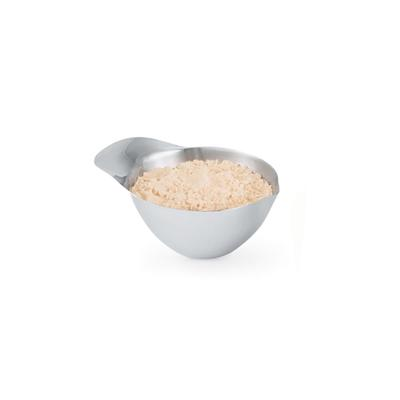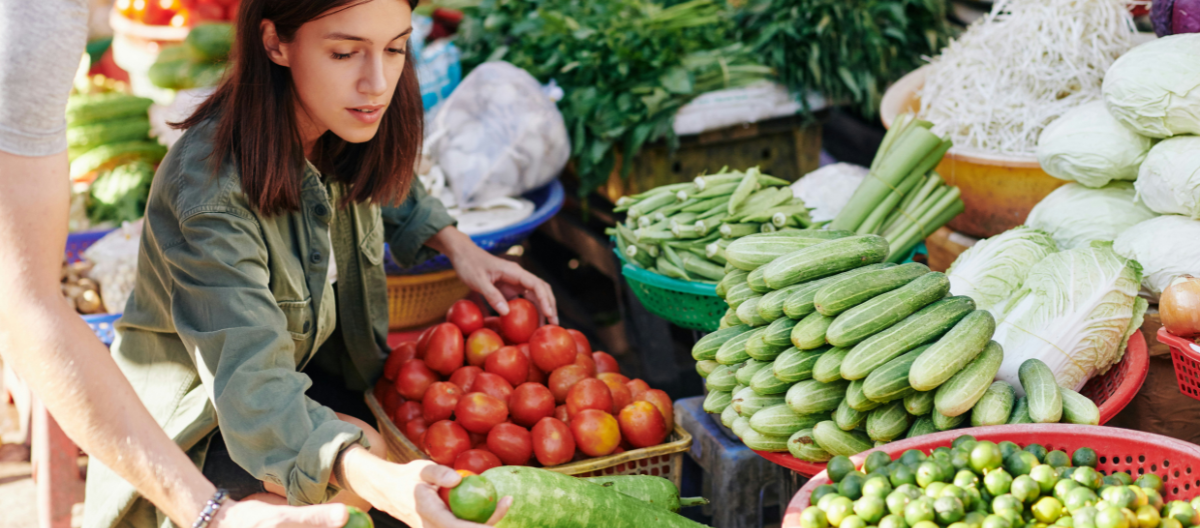Hey Diva dressing fans! When the items we love coincide with brands we work with, Diva dressing will use Paid Links in our articles. If you decide to click on these links and purchase the product, we get a small commission. Our Opinions Are Our Own, but we do add Paid Links as a way to offer these products at no added cost to our readers. Want to know more? Click Here to check out our Terms of Use anytime!
Food systems are deeply intertwined with the health and vitality of local communities and the environment. As awareness grows around sustainability and its importance, the impact of food on local communities is increasingly recognized.
Strengthening Local Economies
Buying local food supports regional farmers and producers, helping to sustain small-scale agriculture. Local food systems often prioritize fresh, seasonal produce, which benefits both consumers and farmers. By investing in local agriculture, communities can reduce their reliance on industrialized food systems, fostering economic resilience.
Local food initiatives can create jobs in various sectors, including farming, processing, distribution, and retail. Farmers’ markets, community-supported agriculture (CSA), and local restaurants contribute to employment opportunities, which can stimulate local economies and strengthen community ties.
Community Building and Engagement
Food has the unique ability to bring people together, fostering connections among community members. Shared meals, potlucks, and food festivals create opportunities for social interaction and cultural exchange, strengthening community bonds.
Local food initiatives often incorporate educational programs that teach community members about cooking, nutrition, and sustainable farming practices. These programs empower individuals to make informed food choices and foster a sense of agency in their food systems.
Promoting Sustainability
Supporting local food systems can significantly reduce the carbon footprint associated with transportation. By sourcing food from nearby producers, communities minimize the environmental impact of long-distance food transport, contributing to more sustainable practices.
Many local farmers prioritize sustainable agricultural methods that protect the environment. These practices may include organic farming, crop rotation, and permaculture techniques, which promote soil health and biodiversity. Supporting such initiatives helps preserve local ecosystems and encourages responsible land stewardship.
Food Security and Accessibility
Local food initiatives can play a crucial role in addressing food insecurity. By creating access points for fresh, nutritious food, such as community gardens and farmers’ markets, communities can combat food deserts and improve overall health outcomes.
Building local food systems enhances community resilience by diversifying food sources and reducing dependence on external supply chains. This adaptability is particularly important in times of crisis, such as natural disasters or global pandemics, when food systems may be disrupted.
Cultural Preservation and Identity
Local food practices often reflect the cultural heritage of a community. By promoting traditional recipes, ingredients, and cooking methods, communities can preserve their culinary identity and pass down knowledge to future generations.
Inclusive food initiatives can celebrate diverse culinary traditions, allowing marginalized communities to share their food culture and stories. This fosters a sense of belonging and highlights the importance of cultural diversity within local food systems.
Challenges and Considerations
As local food movements gain popularity, challenges may arise in balancing growth with sustainability. Communities must carefully navigate issues like land use, gentrification, and the potential for industrialization of local food systems to ensure they remain sustainable and equitable.
Increasing awareness of the benefits of local food systems is essential for fostering community engagement. Educational initiatives can help inform residents about the importance of supporting local agriculture and making sustainable food choices.
Here are some products that can help you in kitchen
Vollrath 46657 8 oz Transfer Vessel $61.30

Kitchen Barbecue Silicone Meet Sauce Oil Painting Brush $8.79

170 PCS Clear Preprint Label Sticker for Keto Diet Kitchen Ingredients Organizer $8.87

Handy Housewares Sink Caddy Saddle Flexible Sponge Holder $9.03

Wooden Turner Long Hand Cookware Stir Fry Spatula Kitchen Cooking Baking $9.19



